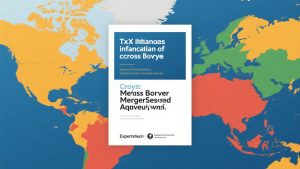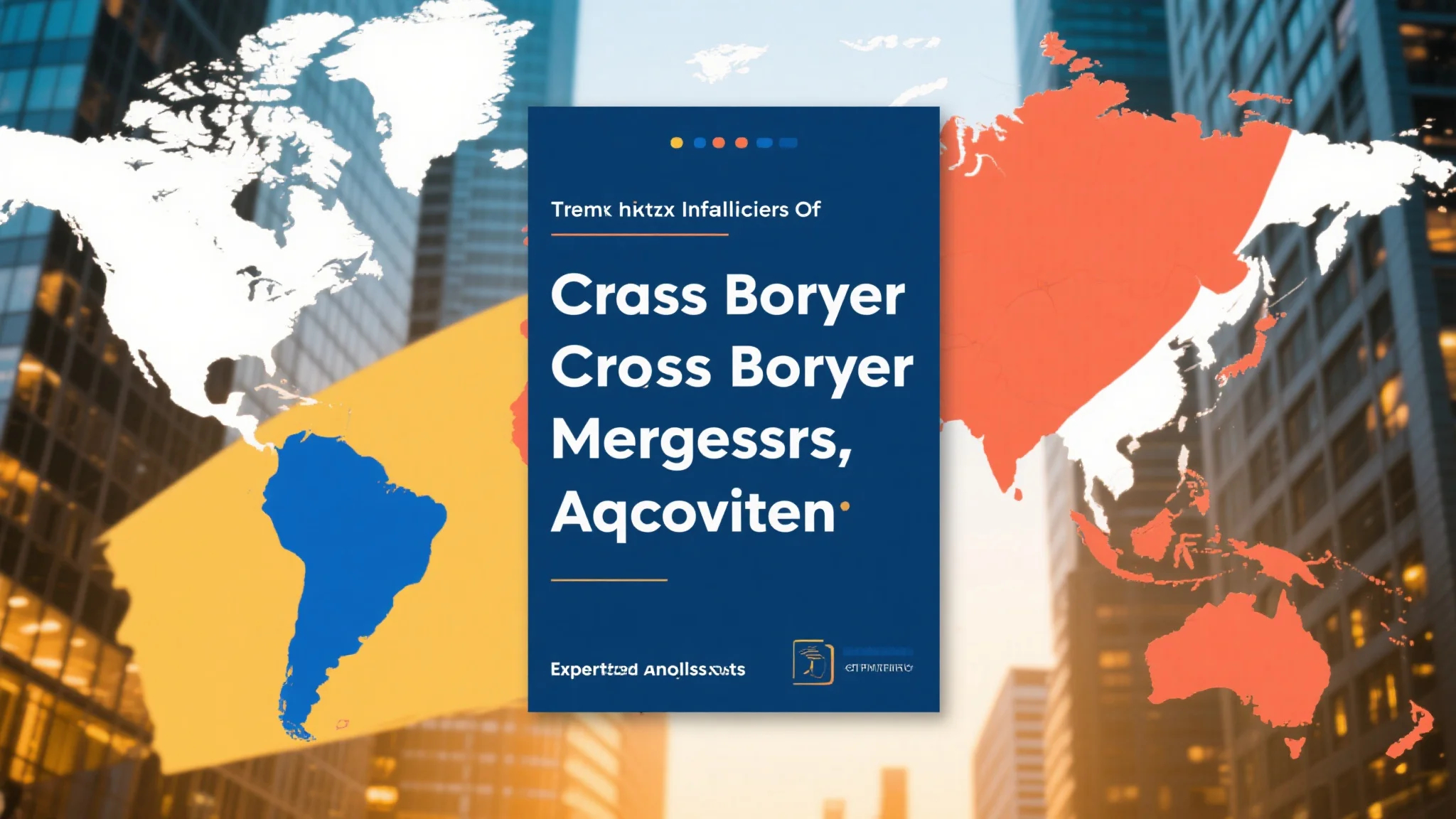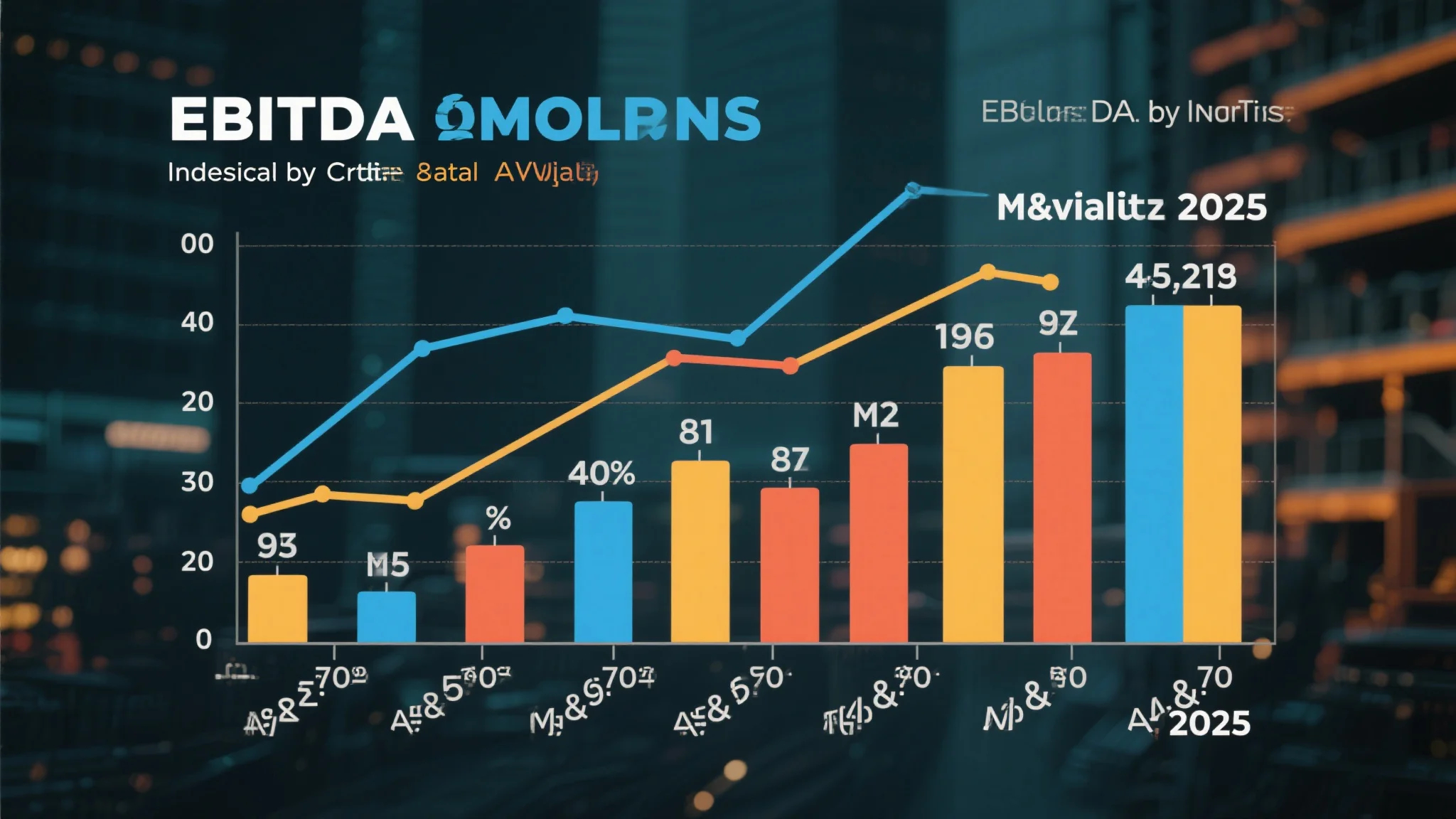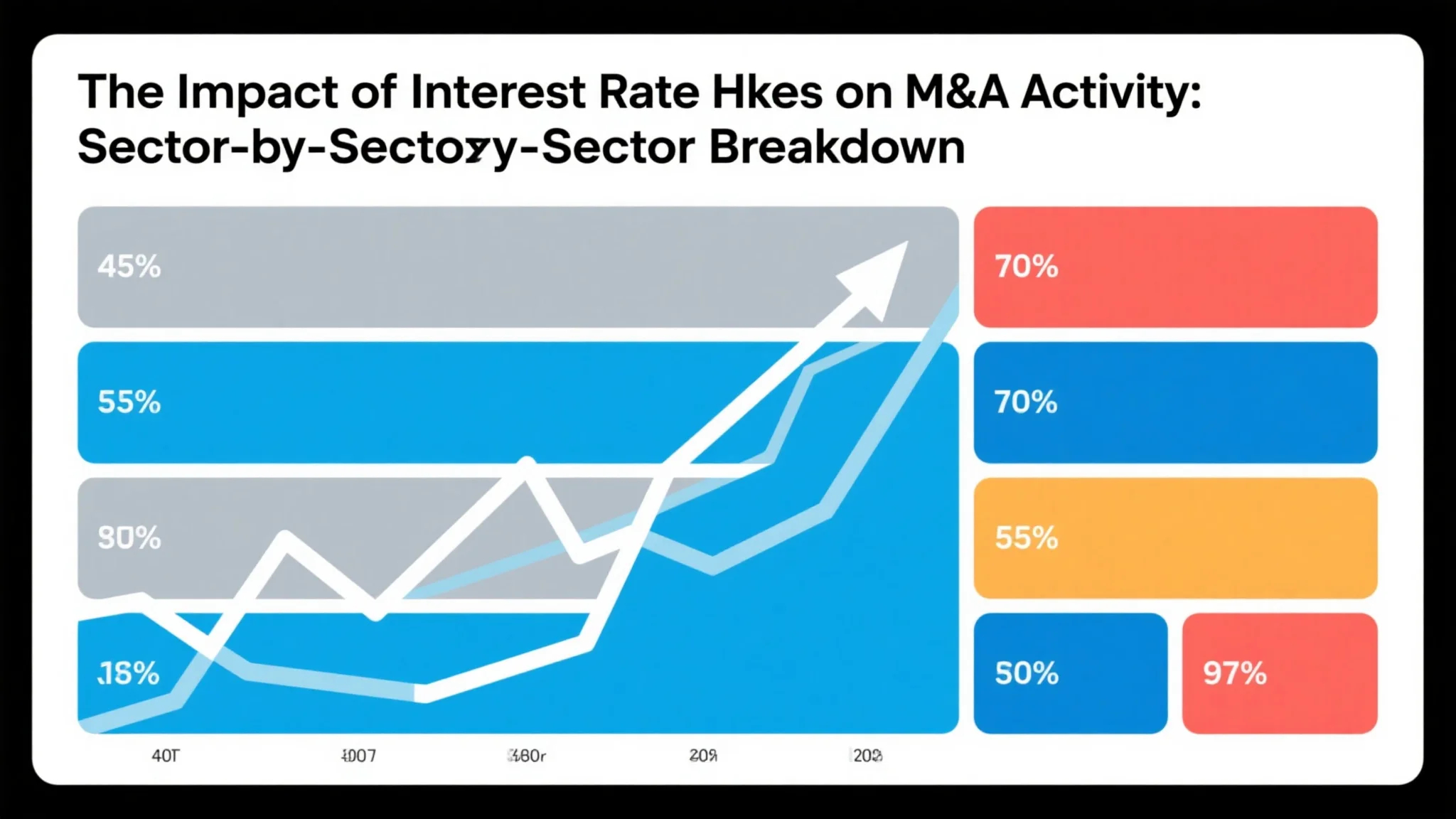Understanding the Complexities of Cross-Border M&A Tax Considerations
Engaging in cross-border m&a tax planning is a critical component for companies involved in international mergers and acquisitions. The intricate web of tax regulations across different jurisdictions presents significant challenges that require expert navigation to optimize financial outcomes and ensure compliance. Unlike domestic transactions, cross-border deals must account for varying tax treaties, withholding taxes, transfer pricing rules, and the potential for double taxation. These factors influence deal structuring, valuation, and post-transaction integration strategies. A thorough understanding of international mergers tax frameworks enables companies to mitigate risks and capitalize on tax efficiencies, ultimately enhancing shareholder value and competitive positioning in the global marketplace.
Tax implications in cross-border M&A extend beyond immediate transactional taxes to encompass ongoing operational considerations. For instance, the choice between asset and stock purchases can have vastly different tax consequences depending on the jurisdictions involved. Additionally, the repatriation of profits, treatment of intangible assets, and compliance with anti-avoidance rules require careful analysis. Effective tax planning involves collaboration between legal, financial, and tax advisors to design structures that align with business objectives while adhering to regulatory requirements. This holistic approach is essential to navigate the complexities of the m&a tax implications landscape and to avoid costly pitfalls that can arise from inadequate planning.
Key Strategies for Managing Tax Risks in International Mergers and Acquisitions

Successful management of cross-border m&a tax risks requires a proactive and strategic approach throughout the transaction lifecycle. Early-stage due diligence should include a comprehensive tax review to identify potential exposures and opportunities. This includes analyzing the target company’s tax history, compliance status, and any ongoing disputes with tax authorities. Understanding the interplay between different tax regimes and the impact of bilateral tax treaties is crucial for structuring the deal in a tax-efficient manner. Advisors often recommend utilizing holding companies in favorable jurisdictions or leveraging tax credits and incentives to optimize the overall tax burden.
Moreover, transfer pricing policies must be carefully evaluated to ensure compliance with international standards and to prevent adjustments that could lead to additional tax liabilities. Post-merger integration plans should incorporate tax considerations to maintain compliance and realize anticipated tax benefits. This includes aligning accounting practices, consolidating tax reporting, and managing cross-border cash flows effectively. By adopting these strategies, companies can navigate the complexities of international mergers tax and safeguard against unexpected tax consequences that could undermine the transaction’s value.
Emerging Trends and Regulatory Developments Impacting M&A Tax Implications Globally
The global tax landscape is continuously evolving, with significant implications for m&a tax implications in cross-border transactions. Recent initiatives such as the OECD’s Base Erosion and Profit Shifting (BEPS) project and the introduction of global minimum tax rules are reshaping how multinational companies approach tax planning in M&A. These developments aim to increase transparency, reduce tax avoidance, and ensure fair taxation across jurisdictions. Companies engaged in cross-border deals must stay informed about these regulatory changes to adapt their strategies accordingly.
Additionally, increased scrutiny from tax authorities and the rise of digital economy taxation present new challenges for structuring international mergers and acquisitions. Enhanced reporting requirements and audits necessitate robust documentation and compliance frameworks. Forward-looking companies are investing in technology and expertise to monitor tax risks and maintain agility in response to regulatory shifts. Understanding these emerging trends is vital for effectively managing the cross-border m&a tax environment and achieving successful outcomes in an increasingly complex global market.



